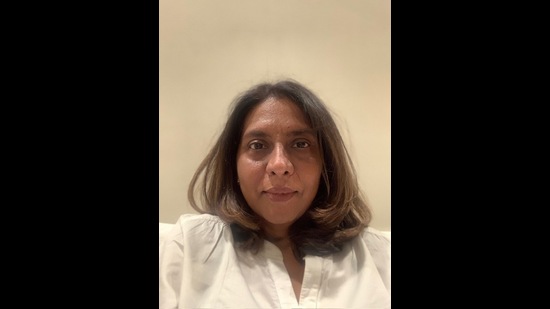Meenal Baghel picks her favourite read of 2024
A series of reflections on people who found themselves in an abyss, and used their traditions and personal beliefs to seek consolation
“For those who need consolation no means of consolation is so effective as the assertion that in their case no consolation is possible,” wrote Nietzsche. But for those made of less stern stuff, the temptation to seek transcendence from grief and setbacks, is ever-present. But where does one find solace? This is the central question in Michael Ignatieff’s On Consolation: Finding Solace in Dark Times.

“The churches, synagogues, and mosques, where we once consoled each other in collective rituals of grief and mourning, have been emptying out,” he writes. “If we seek help in times of misery, we seek it alone, from each other, and from therapeutic professionals. They treat our suffering as an illness from which we need to recover.”
The Canadian writer, best-known for that granular memoir about his émigré family, The Russian Album — also at its heart a book about resilience — parses history instead, and offers a series of reflections on people who found themselves in an abyss, and used their traditions and personal beliefs to seek consolation.
What could have devolved into a “self-help” manual is, instead, elevated by Ignatieff’s erudition and his elegant prose. On the death of his parents within three years of each other he writes: “They had been the audience before whom I played out my life, and with these two seats in the theatre suddenly empty, the play itself seemed to have little point. I grieved for them, but in some disabling way, I was inconsolable.”
In his deeply personal quest for consolation then Ignatieff explores theology, stoicism, the paintings of El Greco, the unsparing eye of David Hume, and Vaclav Havel’s credo of “living in truth.”

This was something that Cicero, staunch advocate of the “manly code of self-control,” struggled with when confronted by the twin losses of his daughter’s death and the collapse of the Roman Republic. When news of Cicero’s prolonged grieving becomes public knowledge, Romans turn against the man who once offered them the stoic prescriptive. Bereft and trolled, he hides in his estate seeking refuge in the writings of the Spartans. He, who had taught men to reject the comfort of tears, finding in the end, only cold comfort.
One of the most moving chapters in the book, though, is about the poet Anna Akhmatova, who wrote about the victims of Stalin’s Gulag: “I have woven you this wide shroud out of the humble/words/I overheard you use. Everywhere, forever and always,/I will never forget one single thing. Even in new/grief.” Sometimes, the biggest consolation is to know that there was someone who was a witness to our life.






